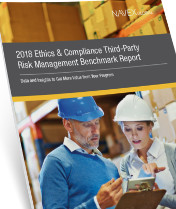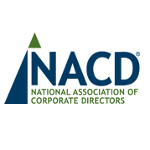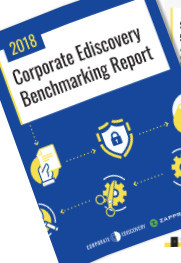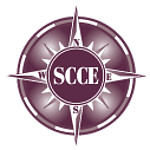The International Association of Defense Counsel (IADC), an invitation-only global legal organization for attorneys who represent corporate and insurance interests, has published its fourth quarter 2018 Defense Counsel Journal (DCJ) with articles on current trends in the practice of law.
The current DCJ issue’s articles explore asbestos tort reform on the state level, the growth of punitive damages in Anglo-Canadian contract law, and legal hurdles that manufacturers face when launching products in the United States.
In a release, the organization, said the DCJ is a quarterly forum for topical and scholarly writings on the law, including its development and reform, as well as on the practice of law in general. DCJ articles are written by members of the IADC, which is a 2,500-member, invitation-only, worldwide organization that serves its members and their clients, as well as the civil justice system and the legal profession.
The DCJ is available for free and without a subscription via the IADC’s website.
The current DCJ issue is the first to be overseen by new editor and former IADC board member Kenneth R. Meyer, a partner in the products liability practice group at McCarter & English, LLP, in Newark, N.J. The issue also is the first under the leadership of new IADC president Craig A. Thompson, a partner at Venable LLP.
Following are brief summaries of key articles included in the fourth quarter 2018 issue of the DCJ:
— “The More Things Change: Bankruptcy Trust Reform and the Status Quo in Asbestos Litigation” – The article debunks plaintiffs’ lawyers’ arguments that trust transparency reforms would delay litigation, deny compensation to the most sympathetic of plaintiffs, and divest plaintiffs of their traditional control over the trust and tort systems. The authors explain how trust transparency reforms have not delayed litigation and have, in fact, accelerated compensation from the asbestos trusts. The article also describes that, where reforms have been enacted, they have achieved their purpose of fostering communication within the two-tiered system of asbestos compensation so that juries can properly account for all of a plaintiff’s exposures to asbestos.
— “Moving Beyond Uberrima Fides? The General Duty of Honesty in Contractual Performance and Punitive Damage Awards in Anglo-Canadian Contract Law” – The article’s authors suggest that the characterization of punitive damages as “the bane of corporate defendants” has perhaps never been more true under Anglo-Canadian contract law. This article demonstrates that while punitive damages for pure breach of contract are undoubtedly exceptional remedies at common law, they are generally larger and more common than ever before, which marks an extraordinary development in Anglo-Canadian contract law considering that only 30 years ago punitive damages were barred for pure breach of contract.
— “Entering the U.S. Market: Legal Hurdles That Manufacturers Must Overcome” – Investigates the life cycle of a product’s development and marketing and provides insight into some of the most common legal hurdles – especially consumer protection lawsuits – faced by manufacturers entering the U.S. market.
 Bloomberg Law is reporting that corporate law departments are spending more, but less of that that money is landing in Big Law coffers, according to a new survey.
Bloomberg Law is reporting that corporate law departments are spending more, but less of that that money is landing in Big Law coffers, according to a new survey.









